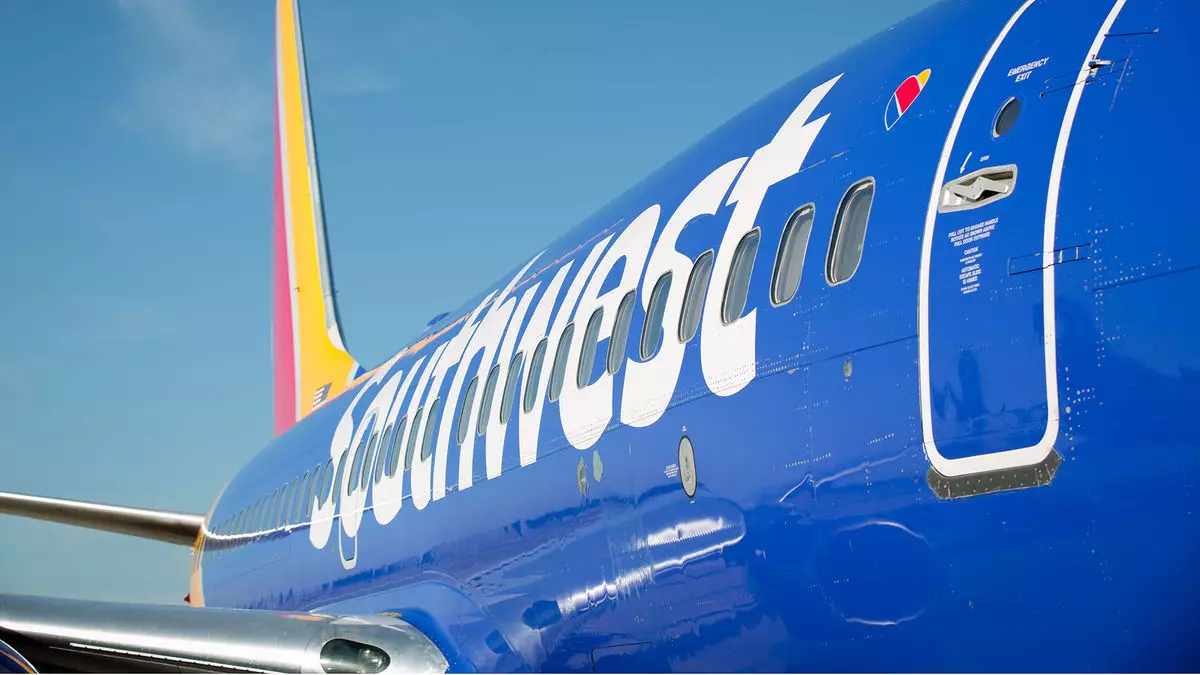Southwest Airlines is currently facing backlash from an advocacy group representing plus-sized travelers as they prepare to transition to assigned seating. The National Association to Advance Fat Acceptance (NAAFA) has raised concerns about the potential impact this transition may have on the accessibility of travel for individuals requiring additional seating.
Under Southwest’s current policy, individuals who encroach on a second seat have the option to purchase two seats at the time of booking, with a refund for one seat provided after the flight. This method not only helps with inventory management for the airline but also ensures that passengers requiring additional space are accommodated either through advanced purchases or at the gate free of charge.
Petition for Change
NAAFA’s petition is aimed at urging Southwest to maintain its Customer of Size policy and extend other accessibility measures to the same or greater extent in the transition to assigned seating. The group argues that Southwest’s open-seating policy has been crucial for passengers who may find airline aisles too narrow, as early boarding allows them to secure front-of-cabin seating without having to navigate to the back of the plane.
With Southwest’s announcement of the shift to assigned seating, concerns have been raised about the potential limitations this may pose for customers of size and disabled passengers. NAAFA warns that without clear procedures in place to accommodate these individuals near the front of the cabin, accessibility may be compromised under the new policy.
Southwest has indicated that they are still in the process of developing their upcoming seating policies and plan to provide more details during an investor day event in September. The airline has not yet set a specific date for the transition to assigned seats, set to take effect next year.
NAAFA’s petition requests that Southwest collaborate with organizations representing plus-sized and disabled travelers as they finalize their assigned seating policies. By partnering with advocacy groups, Southwest can ensure that the needs of all passengers, regardless of size or disability, are taken into consideration during the transition.
The impending transition to assigned seating by Southwest Airlines has sparked concerns among advocacy groups advocating for the rights and accessibility of plus-sized and disabled travelers. As the airline works to develop its new seating policies, it is essential that the needs of all passengers are prioritized to ensure a safe and comfortable travel experience for everyone.


Leave a Reply